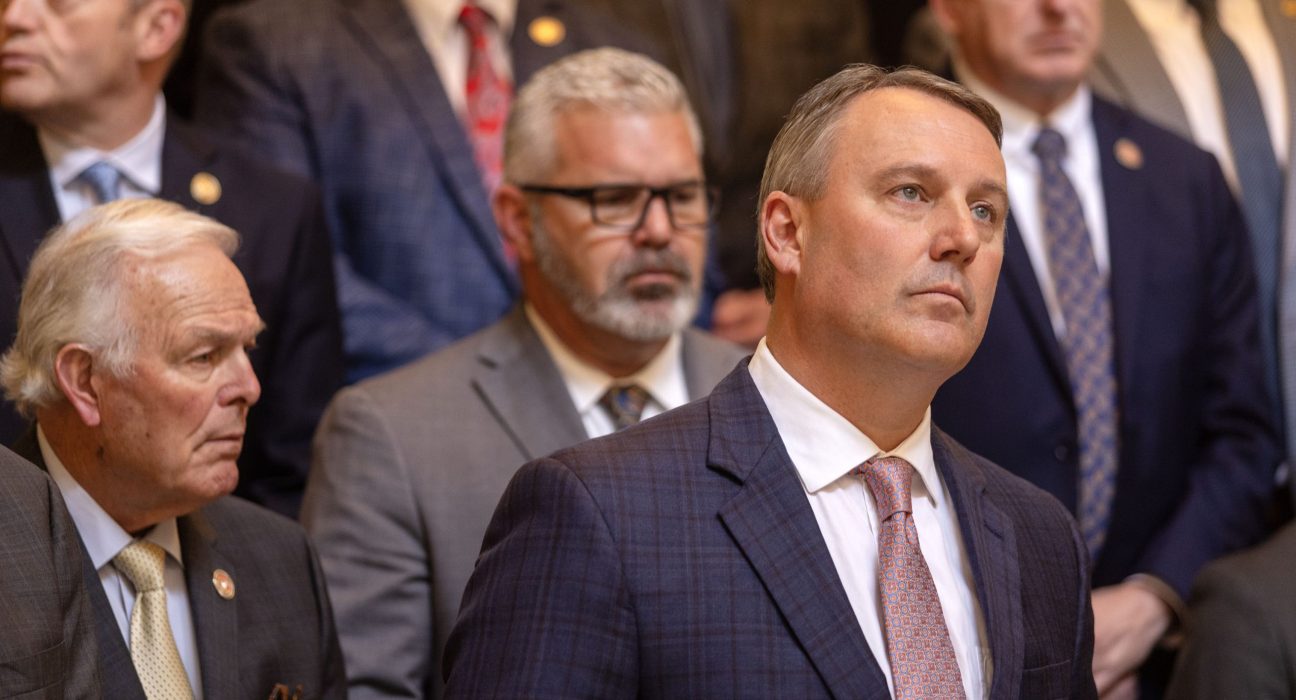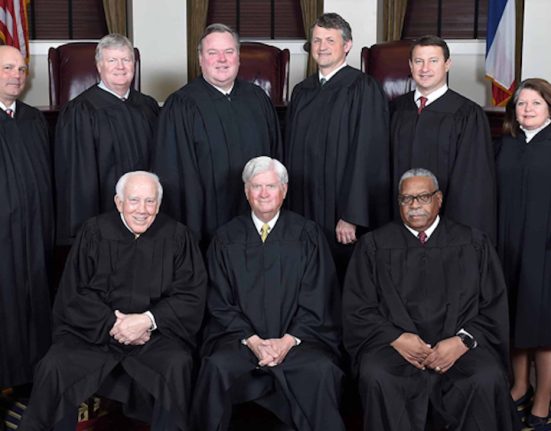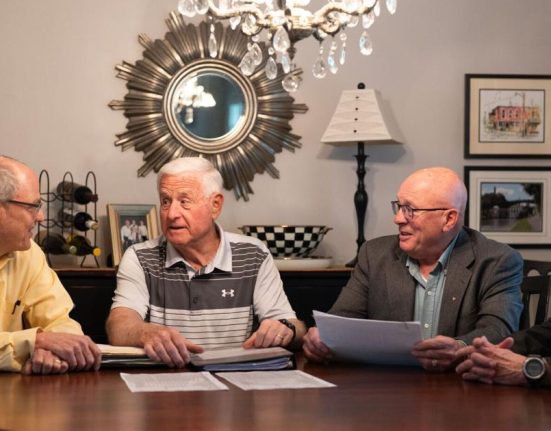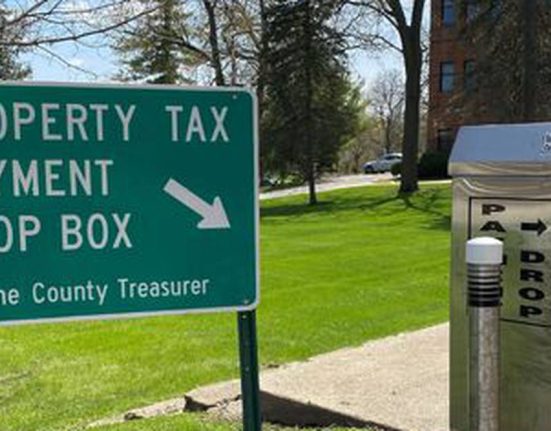House leaders, who say they want to bolster public education spending, have also proposed more than tripling the size of a program that sends millions in state funds to private schools even though information is not available on how the money is spent.
The state Department of Revenue is responsible for certifying the private schools that are eligible to receive funds through the Children’s Promise Act. But, according to responses provided by the Department of Revenue, no information is available on how the funds are spent.
“DOR does not know how the funds were used,” the agency said in response to questions from legislators.
When asked the number of children served through the House-supported Children’s Promise Act, DOR said, “This information is provided to DOR at the time of application … but is not updated annually. DOR does not maintain this information other than with the original request.”
In the original application, “DOR reviews the information provided and issues a letter ruling advising whether they qualify or not. The original request is covered under confidentiality statutes.”
The House’s desire to greatly expand the size of the Children’s Promise Act comes against the backdrop of many public school advocates being concerned about the House leadership’s effort to rewrite the long-standing Mississippi Adequate Education Program that provides the state’s share of funds for the basics to operate local schools.
While several elements of the House’s plan have been lauded by public school advocates, many also have expressed concern that groups that support that rewrite plan also support sending public funds to private schools through vouchers. Before the House leadership’s MAEP rewrite was made public, those pro-voucher groups unveiled a plan that was almost identical to the House proposal.
But supporters of the House plan have insisted that their proposal has nothing to do with vouchers. And, if to make that point, about the time the House began to pass its proposed rewrite of the funding formula, the bills filed by House leaders to enact a far reaching voucher program were allowed to quietly die.
But the Children’s Promise Act remains alive in the legislative process, and there’s little subtlety about private school supporters believing tax credits are more appealing to them than vouchers.
The Midsouth Association of Independent Schools, which includes most of the Mississippi private schools receiving the tax credit funds, said in a paper titled “The ABCs of school choice” that tax credits with revenue going to private schools were now considered more advantageous to them than vouchers.
“Freedom advocates, instead, look for policies like tuition tax credits and tax credits for donations to scholarship funds, to free up resources so that parents and donors can fund their own choices,” the MAIS paper reads. “Such policies expand choice for parents without shifting the burden for their children onto others.”
Under the Children’s Promise Act, a person can make a donation to one of the private schools certified by the Department of Revenue and receive a dollar-for-dollar tax credit for up to 50% of the donor’s state tax liability.
The maximum a private school currently can receive through the program is $405,000 annually.
The program was initiated in 2019 and touted as a mechanism to provide additional funds to nonprofits that care for foster children. But a provision to provide tax credits to private schools was tucked into the bill.
Currently, under the law, a total of $9 million annually in tax credit funds can be doled out to private schools. The original House plan under consideration this session would add another $6 million in tax credit benefits for the current year and $24 million for 2025.
Private schools are eligible for the tax credits if they educate:
- Children in the foster care system.
- Children who have a chronic illness or physical, intellectual, developmental or emotional disability.
- Children eligible for free or reduced meals.
Thus far, about 60 schools have received a cumulative $8.9 million in state tax breaks for the current calendar year. Those receiving the maximum of $405,000 this year include the Lamar School in Meridian and Wayne Academy in Waynesboro. Other schools receiving the most in state tax credit funds include: Heritage Academy in Columbus, receiving $402,900; Hartfield Academy in Flowood, receiving $397,800; Magnolia Heights in Senatobia, receiving $390,000; Jackson Academy, receiving $341,000; Madison-Ridgeland Academy, receiving $397,720; and Starkville Academy, receiving $403,744.
Private schools received similar amounts in previous years, according to the DOR website.
The law does not specify how many children must be served for the private school to receive the tax credit benefit.
Nancy Loome, executive director of The Parents Campaign, said technically if the school has one student with asthma, for instance, it could receive those funds.
Of course, according to the Department of Revenue, no one is checking to see if the schools are actually educating any children that would make them eligible for the tax credit benefit.







